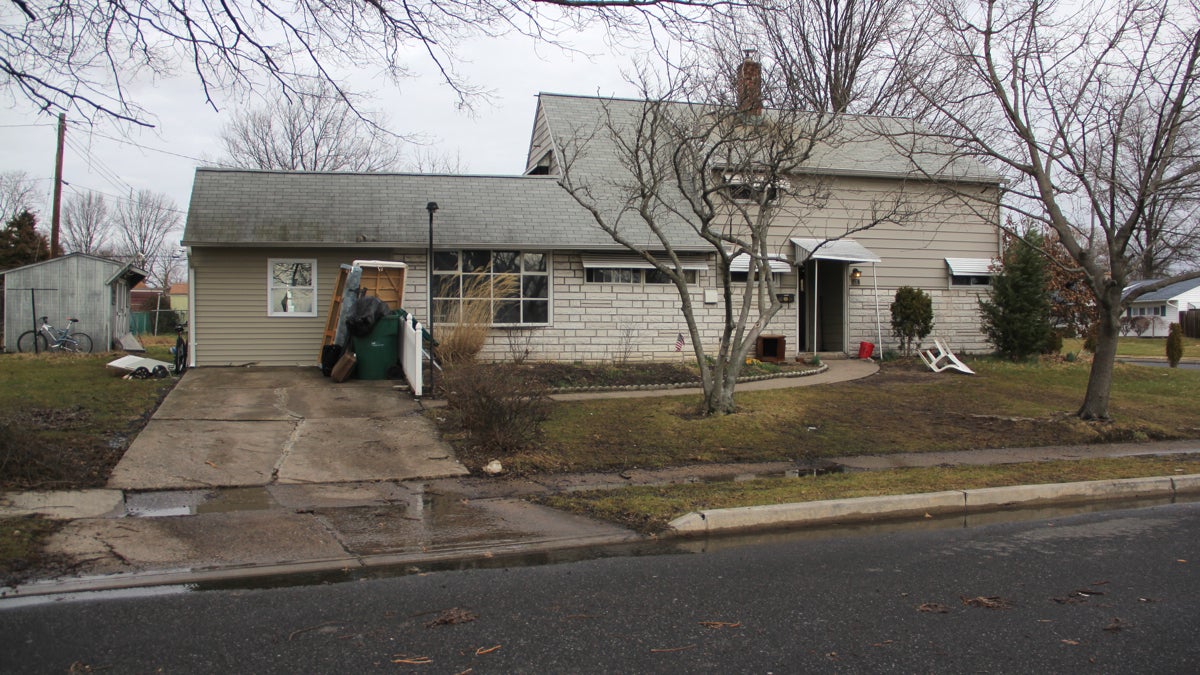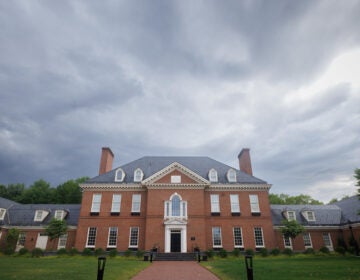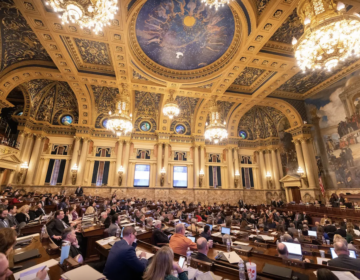Wolf signs law to regulate recovery homes in Pa.
Many of the homes, often run by people in long-term recovery themselves, operate in good faith, but others have unsafe living conditions and do little to further sober living.

A recovery home on Gooseneck Road in Bristol Township. (Emma Lee/WHYY)
After years of deliberation and recommendations from a voluntary task force, Gov. Tom Wolf has signed legislation to regulate recovery or “sober living” homes in Pennsylvania.
The law, which had bipartisan support in the Legislature, creates a voluntary program to govern the facilities whose numbers have ballooned in the wake of the opioid epidemic.
The 64 home operators who receive state funding or referrals will be required to participate, said Ali Fogarty, spokeswoman with the state Department of Drug and Alcohol Programs.
“I’m ecstatic that we made the first step,” said state Rep. Tina Davis, D-Bucks. “I think it’s crucial that we keep on this and make sure that the properties are being inspected, but I’m very happy.”
Davis is one of a handful of lawmakers in Southeastern Pennsylvania who have introduced legislation year after year, hoping to reduce the number of these residences in their districts.
Pennsylvania created a task force to look into reining in recovery homes in 2014, and the panel made recommendations for the regulatory legislation earlier this year. Recovery homes, when run well, can act as a much-needed safety net for people in early addiction recovery. However, many home operators have been accused of exploiting their residents for financial gain.
“Without regulation or oversight, many of them become rogue and don’t provide a clean and safe environment for individuals that are in recovery,” said state Rep. Frank Farry, R-Bucks, another longtime advocate for recovery house legislation.
While many of the homes — often run by people in long-term recovery themselves — operate in good faith, others have unsafe living conditions and do little to help their clients heal.
The law requires standards for the houses, such as smoke detectors, as well criminal background checks for home employees. It also attempts to address common forms of exploitation that can occur, such as prohibiting house administrators or employees from requiring residents to sign over public assistance benefits.
The legislation Wolf signed Tuesday gives the state two years to get a licensing program off the ground. The fees associated with acquiring a one-year license to operate a sober-living home are expected to cover costs of the program, said lead sponsor, state Sen. Tom McGarrigle, R-Chester and Delaware.
WHYY is your source for fact-based, in-depth journalism and information. As a nonprofit organization, we rely on financial support from readers like you. Please give today.




